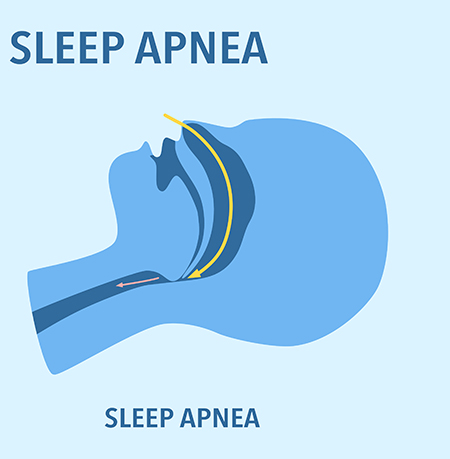 A new awareness campaign, launched this week, is shining a light on the discrimination people with epilepsy often face around friendships, dating and work.
A new awareness campaign, launched this week, is shining a light on the discrimination people with epilepsy often face around friendships, dating and work.
Epilepsy Action’s ‘If I told you…’ campaign features three short films showcasing the fear people with epilepsy can feel around how revealing their condition could affect their life.
The campaign aims to build more understanding and empathy around epilepsy in members of the public, as new survey results show this is still a problem.
The new Epilepsy Action research of around 2,000 people in the UK found that almost half of respondents (48%) said they were uninformed about epilepsy.
The findings showed that more than three-quarters of people (77%) thought people with epilepsy were a risk to themselves or others. Nearly two in five (39%) thought those with epilepsy can’t handle work or responsibilities and a third (35%) assumed they need constant supervision or protection.
One in five people (20%) assumed that people with epilepsy are mentally unstable.
Rebekah Smith, chief executive of Epilepsy Action, said the data demonstrate that there is still a lot of work to do. “Too many people are still uncomfortable with epilepsy – even if it was to affect a potential partner, a friend or a colleague,” she said.
“We want to shift the conversation from fear to understanding, from avoidance to action.”
The campaign features videos focused on three key areas – work, friendships and relationships. The campaign page also offers tips and information to help people better understand epilepsy and know how to respond to a friend, loved one or colleague with the condition.
Data on dating, friendships and work
 Over a third of respondents in the survey (36%) said they wouldn’t, or aren’t sure they would, feel comfortable dating someone with epilepsy. Nearly as many (37%) said their first reaction to finding out someone they were dating had epilepsy would be feeling nervous about seeing a seizure. Nearly one in 10 (9%) admitted they would never date someone with the condition.
Over a third of respondents in the survey (36%) said they wouldn’t, or aren’t sure they would, feel comfortable dating someone with epilepsy. Nearly as many (37%) said their first reaction to finding out someone they were dating had epilepsy would be feeling nervous about seeing a seizure. Nearly one in 10 (9%) admitted they would never date someone with the condition.
The survey revealed that nearly a quarter of people (23%) would worry about health and safety risks when hiring someone with epilepsy. More than a quarter (27%) believe the condition could impact people’s ability to do certain jobs or tasks. Data from a previous survey show that 60% of people with epilepsy said they had faced discrimination at work.
One in five people (20%) said they would feel nervous about seeing a seizure if a friend disclosed to them that they had epilepsy. Among people with epilepsy, nearly nine in 10 people (87%) said they have felt anxiety, depression and isolation on top of having to manage their condition.
Having real conversations
 Rebekah added: “In our short film, we wanted to take people inside those silent, vulnerable moments. To get them to understand how people with epilepsy feel when they’re about to go into an interview and fear their condition will mean they won’t get the job, even if they’re fully qualified.
Rebekah added: “In our short film, we wanted to take people inside those silent, vulnerable moments. To get them to understand how people with epilepsy feel when they’re about to go into an interview and fear their condition will mean they won’t get the job, even if they’re fully qualified.
“When they’re dating someone they really care about, but are afraid they’ll leave if they reveal they have epilepsy.
“When they have to tell their friends they can’t go on that night out because they’ve just had a seizure, but are scared they won’t understand.
“Epilepsy affects one in 100 people in the UK. They should be able to talk to a potential partner, a friend, a colleague, a prospective employer about their condition. They shouldn’t fear they will be discriminated against, cut off from their friendship group, broken up with or treated differently because of something they can’t help. They shouldn’t feel they have to hide.
“So, let’s start having real conversations. Today. Let’s not leave people with epilepsy wondering what would happen if they told us.”
You can find out more about the ‘If I told you…’ campaign on the Epilepsy Action website.
More articles







